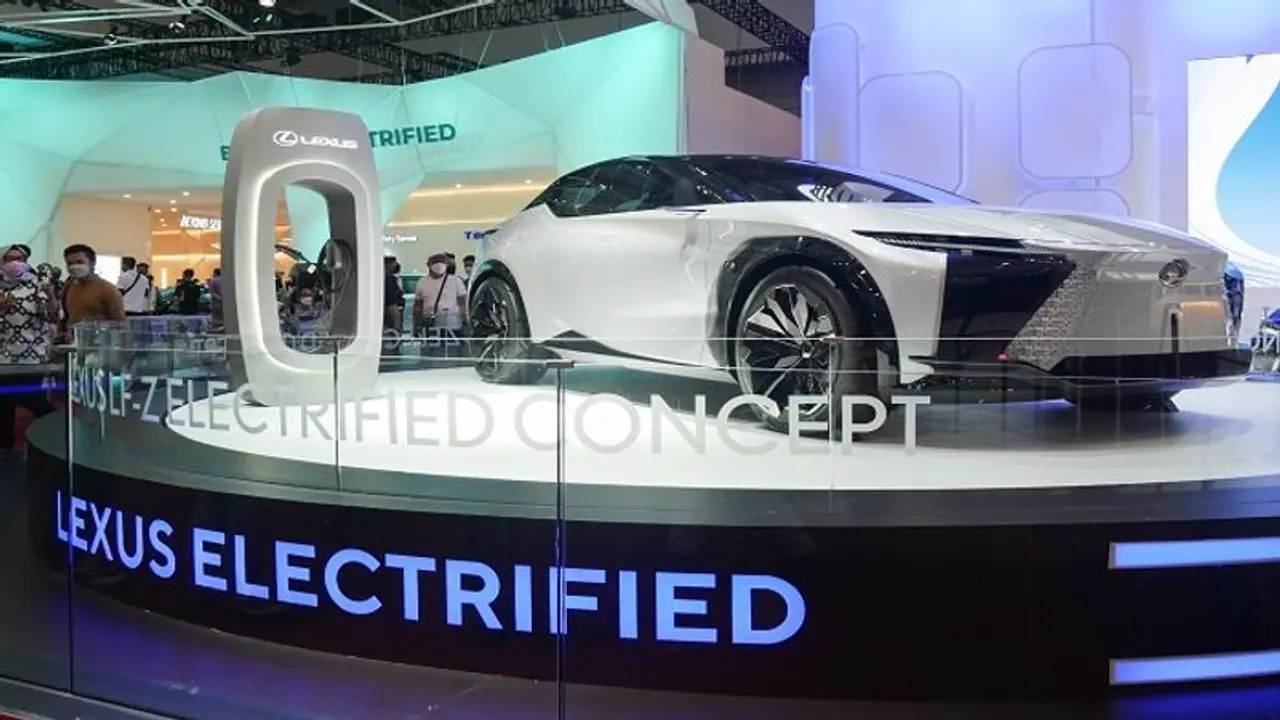California envisions powering most of the economy with electricity, not fossil fuels by 2045. According to a plan released by the air board earlier this year predicts electricity demand will shoot up by 68%. Presently, California has about 80,000 public chargers.
In a bid to combat the deteriorating climate crisis and secure a safe future, California has become the world's first government to effectively ban petrol-powered vehicles by 2035. With this move, it is said that California will have all new cars, pickup trucks and SUVs be electric or hydrogen by 2035.

It is reported that the shift from gas to electric will drastically reduce emissions and air pollutants. Transportation is the single largest source of emissions in the state that accounts for about 40% of the State's greenhouse gas emissions. The air board is working on different regulations for motorcycles and larger trucks.
Also read: In touch with Russian authorities, says MEA on arrest of IS terrorist
If the policy works as designed, California would cut emissions from vehicles in half by 2040.
What does California's ban on gas-powered vehicles say?
California has adopted Advanced Clean Cars II, a plan that mandates 100% zero-emission and hybrid plug-in vehicle sales. With an initial goal of 35% sales by 2026, the plan would achieve goals from a 2020 executive order from Governor Gavin Newsom (D).
Also read: Japan police chief to resign over former PM Shinzo Abe's assassination
California's policy does not ban cars that run on gas — after 2035 people can keep their existing cars or buy used ones, and 20% of sales can be plug-in hybrids that run on batteries and gas.
It is reported that Washington and Massachusetts have already said they will follow California's lead and many more are likely to — New York and Pennsylvania are among 17 states that have adopted some or all of California's tailpipe emission standards that are stricter than federal rules.
In June, the European Parliament backed a plan to effectively prohibit the sale of gas and diesel cars in the 27-nation European Union by 2035, and Canada has mandated the sale of zero-emission cars by the same year.
Also read: Over 20 civilians killed in Russian attack on Ukraine's Independence Day: Report
The impact on electricity demand:
California envisions powering most of the economy with electricity, not fossil fuels by 2045. According to a plan released by the air board earlier this year predicts electricity demand will shoot up by 68%. Presently, California has about 80,000 public chargers.
The commission says car charging will account for about 4% of energy by 2030 when use is highest, typically during hot summer evenings. That's when California sometimes struggles to provide enough energy because the amount of solar power diminishes as the sun goes down.
Also read: Joe Biden's student loan waiver explained: How to apply, who is eligible and more
In August 2020, hundreds of thousands of people briefly lost power due to high demand that outstripped supply.
At present, more than 1 million people drive electric cars in California and their charging habits vary, but most people end up charging their cars in the evening or overnight, said Ram Rajagopal, an associate professor of civil and environmental engineering at Stanford University.
